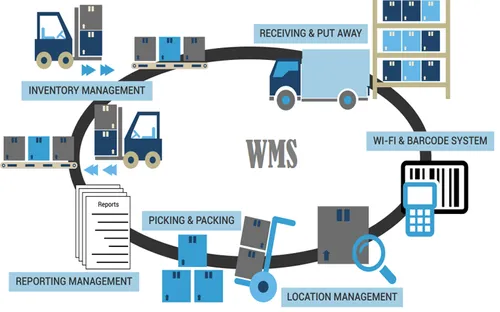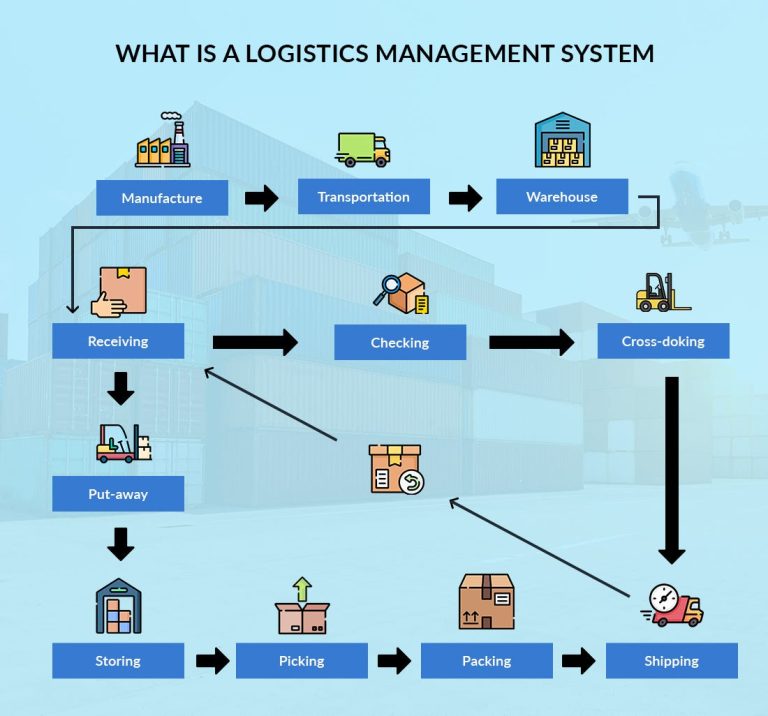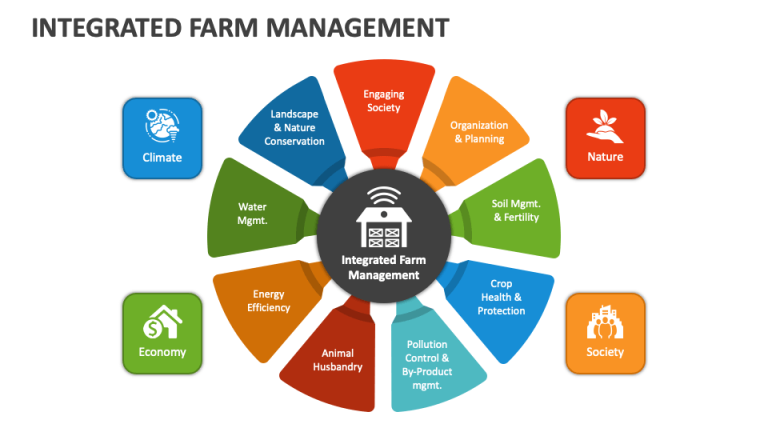Training Course on Construction Contract Law, Arbitration and Dispute Resolution

About The Course
Course Description
In this course, you will learn to interpret the contractual clauses and what the terms and conditions actually mean. It is even more vital to understand how contracts can be made electronically through email and the World Wide Web over the internet. This Training Course on Construction Contract Law, Arbitration and Dispute Resolution offered by Phoenix Center for Policy, Research and Training will empower you to manage risk, systematically audit contracts & improve dispute resolution by examining advanced elements of contract law & contractual obligations. It will also improve your competency in assessing the legal advice you receive & interpret it correctly to generate true value for your business.
Course Objectives
Upon the successful completion of this Training Course on Construction Contract Law, Arbitration and Dispute Resolution, participants will be able to:
- Implement strategies to ensure contracts are plainly expressed and risk well managed
- Draft error-free, risk-free, and fully functional international commercial arbitration clauses in different situations
- Handle Drafts and review arbitration documents, whether they are contracts or pleadings.
- Effectively draft key documents associated with international commercial arbitration
- Effectively collaborate and liaise with offshore counsel in different kinds of proceedings before the arbitral tribunal, judicial proceedings in connection with the arbitration in the supervisory jurisdiction and in enforcement proceedings
- Clearly Identify clauses that can be used to effectively manage risk.
- Perform advisory work and take strategic decisions on initiation of proceedings internationally
- Analyze optimal times to exert the power of the clauses in your contracts
- Acquire in-depth knowledge and seamlessly utilize insights from the rules of the most frequently designated international arbitral institutions (ICC, LCIA, and SIAC) for arbitration proceedings
- Explore how to browse through and interpret the arbitration law of foreign jurisdictions (relevant for offshore international arbitrations)
- Effectively advise clients on how to select an appropriate seat and to initiate proceedings before courts of a foreign supervisory jurisdiction
- Leverage other facets of domestic legal systems, such as public policy, arbitrability, anti-suit injunctions and proceedings before judicial forums and tribunals in-home and offshore jurisdictions
- Cultivate an understanding of substantive principles of contract law (of offshore jurisdictions)
- Understand how to utilize the rules of different arbitral institutions to one’s advantage in a real dispute
Training Methodology
The course is designed to be highly interactive, challenging and stimulating. It will be an instructor led training and will be delivered using a blended learning approach comprising of presentations, discussions, guided sessions of practical exercise, case study review, web-based tutorials, group work, exploration of relevant issues collaborative strength training, performance measurement, and workshops of participants’ displays, all of which adhere to the highest standards of training. The training technique is built on learning by doing, with lecturers using a learner-centered approach to engage participants and provide tasks that allow them to apply what they’ve learned. Experiential knowledge is also given equal importance within the format of training. Our facilitators are seasoned industry professionals with years of expertise in their chosen fields. All facilitation and course materials will be offered in English.
Who Should Attend?
This Training Course on Construction Contract Law, Arbitration and Dispute Resolution would be suitable for, but not limited to:
- Transactional / Corporate Lawyers
- Litigators
- In-House Counsels
- Contractors interested in the construction industry
- Contract Managers
- Project Managers
- Engineers
- Human Resource Professionals
Course Content
Module 1: Contract Law
- Understanding Contract Law
- Contract Fundamentals – An Introduction to Contracts
- Validating a Contract
- Contract law effect on Tendering and Bid Processes
- Agreements and Underlying Documents
- Using the Right Contract Type
- Heads of Agreements & Letter of Intent
- Side Letters
- Authority to Sign Contracts and E-Signatures
- Impact of Negligence on Business Arrangements
- Contracts
- Offer or Proposal
- Rejection of an offer / Counteroffer
- Acceptance
- Consideration
- Essentials of a Valid Contract
- Free Consent
- Quasi Contracts
- Performance of Contract
- Breach of Contract: Material Breach
- Battle of Forms
Module 2: Contract Management Planning
- Pre-contract negotiations
- Contract Management Process
- Contract Administration
- Negotiating and Managing Performance through Service Level Agreements (SLA)
- Identify issues to be managed
- Establish an effective team
- Lists of services and deliverables expected
- Importance of having a well-constructed SLA
- Evaluating and managing contractor performance
- Developing, implementing, and measuring Key Performance
- Indicators to check and assess the quality of service
- Drive business value to achieve the company’s goals
- Statement of Works
- Change Orders
- Outsourcing Contracts
- Checklists for Outsourcing contracts
- Services to be performed by the vendor
- Charges e.g., GST
- Hardware and software
- Project managers
- Warranties e.g., performance standards
- Backup and disaster recovery
- Exclusion of liabilities
- Turn-back services
- Indemnity
- Confidentiality
- Force majeure
- Waiver
- Assignment
- Entire agreement
- Governing law
- Contract management
- What are Contracts and Why should we have them?
- What are the Types of Contracts?
- When and How to Use Each Type?
- Potential Risks Prevention
- Principles of Good Contracting
- Why do we use contracts?
- Key stages in the creation of a Contract
- Essential elements of a valid contract
- Tendering & Contract Award Process – An Overview
- Advantages of tendering and some pitfalls to evade
- Distinguishing price and values
- Other Types of Obligation Documents
- Bonds and guarantees
- Letters of intent and award – are they contractual and lawful?
- Letters of Comfort – Do they represent anything?
- Side letters – why they can be risky and dangerous
- When to Obtain Legal Advice?
- Law of Agency
- Authority to sign contracts
- Synopsis of Basic Law of Contract and Law of Torts
- Construction Industry and its Legal Framework
- SOP Overview and Procedure of Claim under SOP
- Discussion of Standard Forms of Contract and Necessary clauses in Construction Contract
- Overview of Dispute Resolution Processes
- Case Studies: Contract disputes and dispute resolution
- Adjudication on the basis of Security of Payment (SOP) Legislation
- Documentation in Contract Management
- Files and records
- Defensive record keeping for evidential purposes
- Version controls and software
- Document sharing and security
- Termination of contracts
- Discharge of contracts:
- By performance
- By agreement
- By frustration
Module 3: Dispute Resolution – Understanding Disputes
- Indemnities / Warranties / Guarantees (Bonds)
- Dispute Resolution Management
- Mediation
- Conciliation
- Adjudication
- Arbitration
- Litigation
- Remedies for the Breach of contract
- Assessment and valuation of damages – The compensatory aim
- Obtaining injunctions
- Liquidated damages
- Penalty clauses
- Speculative damages
- Mitigation of damages
- Specific performance
- Enforcement Methods
- Identifying and evaluating different strategies in dispute resolution
- Litigation, arbitration, and mediation, mini trials
- Techniques to structure efficient dispute resolution clause
Module 4: Arbitration
- Introduction to Arbitration, Mediation & Conciliation
- Arbitration & Allied Laws
- Types and Categories of Arbitration
- Sector Wise Arbitration & Case Studies
- Planning Arbitration
- Conducting Arbitration
- Award Writing
- International Commercial Arbitration
- Mock Arbitration/Role Play
Requirements
- Participants should be reasonably proficient in English.
- Applicants must live up to Phoenix Center for Policy, Research and Training admission criteria.
NOTE
- Discounts: Organizations sponsoring Four Participants will have the 5th attend Free
- What is catered for by the Course Fees: Fees cater for all requirements for the training – Learning materials, Lunches, Teas, Snacks and Certification. All participants will additionally cater for their travel and accommodation expenses, visa application, insurance, and other personal expenses.
- Certificate Awarded: Participants are awarded Certificates of Participation at the end of the training.
- The program content shown here is for guidance purposes only. Our continuous course improvement process may lead to changes in topics and course structure.
- Approval of Course: Our Programs are NITA Participating organizations can therefore claim reimbursement on fees paid in accordance with NITARules.
Booking for Training
Simply send an email to the Training Officer on training@phoenixtrainingcenter.com and we will send you a registration form. We advise you to book early to avoid missing a seat to this training.
Or call us on +254720272325 / +254737566961
Payment Options
We provide 3 payment options, choose one for your convenience, and kindly make payments at least 5 days before the Training start date to reserve your seat:
- Groups of 5 People and Above – Cheque Payments to: Phoenix Center for Policy, Research and Training Limited should be paid in advance, 5 days to the training.
- Invoice: We can send a bill directly to you or your company.
- Deposit directly into Bank Account (Account details provided upon request)
Cancellation Policy
- Payment for all courses includes a registration fee, which is non-refundable, and equals 15% of the total sum of the course fee.
- Participants may cancel attendance 14 days or more prior to the training commencement date.
- No refunds will be made 14 days or less before the training commencement date. However, participants who are unable to attend may opt to attend a similar training course at a later date or send a substitute participant provided the participation criteria have been met.
Tailor Made Courses
This training course can also be customized for your institution upon request for a minimum of 5 participants. You can have it conducted at our Training Centre or at a convenient location.
For further inquiries, please contact us on Tel: +254720272325 / +254737566961 or Email training@phoenixtrainingcenter.com
Accommodation
Accommodation is arranged upon request and at extra cost. For reservations contact the Training Officer on Email: training@phoenixtrainingcenter.com or on Tel: +254720272325 / +254737566961
Start To Learn
5 Days
Certificate
Course Duration
Course Price
Training Calendar
2024 Training Calendar | |||
Start Date | End Date | Location | Register |
| 29-Jul-2024 | 2-Aug-2024 | Nairobi | https://rb.gy/tb38zt |
| 12-Aug-2024 | 16-Aug-2024 | Nairobi | https://rb.gy/tb38zt |
| 26-Aug-2024 | 30-Aug-2024 | Nairobi | https://rb.gy/tb38zt |
| 9-Sep-2024 | 13-Sep-2024 | Nairobi | https://rb.gy/tb38zt |
| 23-Sep-2024 | 27-Sep-2024 | Nairobi | https://rb.gy/tb38zt |
| 7-Oct-2024 | 11-Oct-2024 | Nairobi | https://rb.gy/tb38zt |
| 21-Oct-2024 | 25-Oct-2024 | Nairobi | https://rb.gy/tb38zt |
| 4-Nov-2024 | 8-Nov-2024 | Nairobi | https://rb.gy/tb38zt |
| 18-Nov-2024 | 22-Nov-2024 | Nairobi | https://rb.gy/tb38zt |
| 2-Dec-2024 | 6-Dec-2024 | Nairobi | https://rb.gy/tb38zt |
| 9-Dec-2024 | 13-Dec-2024 | Nairobi | https://rb.gy/tb38zt |
| 16-Dec-2024 | 20-Dec-2024 | Nairobi | https://rb.gy/tb38zt |




